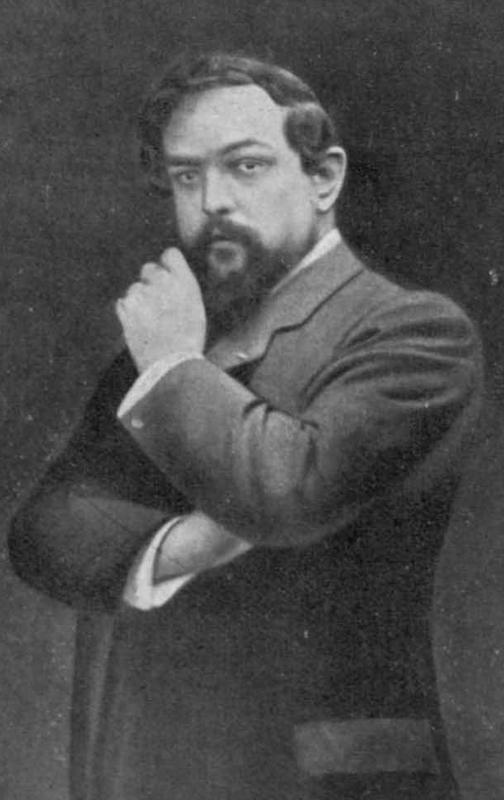Debussy, Claude
Name
Debussy, Claude
Variant name
(Achille) Claude Debussy
Gender
Male
Birth
August 22, 1862 Saint-Germain-en-Laye
Death
March 25, 1818 Paris
Descriptive Note
Claude Debussy was among the most influential composers of the late 19th and early 20th centuries. Showing great musical promise at an early age, Debussy entered France's most prestigious music college, the Conservatoire de Paris, at the age of ten. He studies piano and composition.
His orchestral works include Prélude à l'après-midi d'un faune (1894) (from Mallarmé's poem) Nocturnes (1897–1899) and Images (1905–1912). His piano works include 24 Préludes and 12 Études. He also wrote mélodies based on a wide variety of poetry, including his own. He was influenced by the Symbolist poets of the later 19th century, as evidenced by his Le Martyre de Saint Sébastien, a musical play with text written by Gabriele D'Annunzio. Late in life, he focused on chamber music. In October 1905 La mer, Debussy's most ambitious orchestral work, was premiered in Paris by the Orchestre Lamoureux.
Musically, Debussy was influenced by Chopin, and Russian and Far Eastern music while he reacted against Wagner and the German musical tradition.
On the occasion of the Exposition of Turin 1911, Debussy was invited to direct the 13th Concerto Sinfonico in the Paviliion of Festivals and Concerts, on Sunday, June 25, 1911. Debussy presented music by Chabrier, Roger-Ducasse, Dukas, as well as pieces composed by himself.
Roles
Performing Artists, Conductors (Musicians)
Related Secondary Sources
Related Protagonists
General Subject Terms
Related Locations
Related Built Environment Objects


